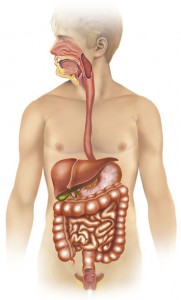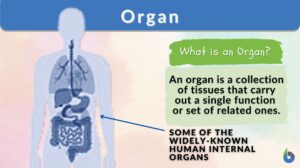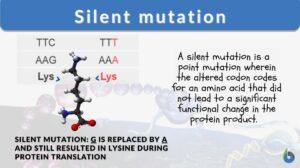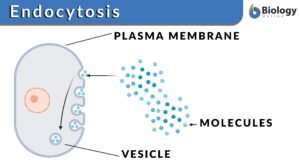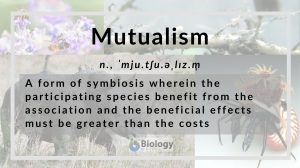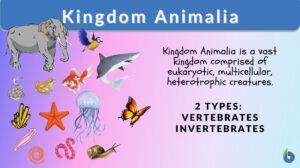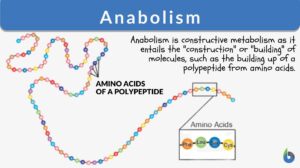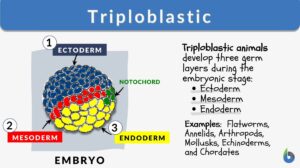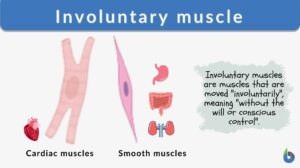Search Results for: intestines
Absorption
Absorption can be defined as the process of assimilating substances across the intestinal epithelial cells or the tissues... Read More
How Celiac Disease Affects The Digestive System
Celiac disease is a condition that affects the digestive systems of many individuals all over the world, and in this... Read More
Peritoneum
What is the Peritoneum? The term peritoneum refers to the serous membrane that constitutes the biologically active inner... Read More
Smooth muscle
The smooth muscle can be described as a type of muscle in the human body that is non-striated and involuntary in action.... Read More
Parasitism
Organisms depend on different sources of food to survive. Larger organisms like plants make their own food (autotrophs) and... Read More
Ascaris lumbricoides
Definition noun A parasitic roundworm of humans, generally dwelling in the intestines of human host Supplement Ascaris... Read More
Silent mutation
A mutation is a change in the nucleotide sequence of a gene or a chromosome. When there is only one nucleotide involved, it... Read More
Entamoebidae
Definition noun (taxonomy) A family of Archamoebae which includes species such as Entamoeba histolytica, Entamoeba coli,... Read More
Ancylostoma
Definition noun A genus belonging to the family of Ancylostomatidae which is a family of nematodes that includes the... Read More
Amoebic dysentery
Definition noun A form of dysentery in which the causative agent is an amoeba, particularly Entamoeba... Read More
Monosaccharide
Monosaccharide Definition In biology and biochemistry, a monosaccharide is a simple sugar that constitutes the building... Read More
Endocytosis
Endocytosis Definition What is endocytosis in biology? Endocytosis is a cellular process by which a cell internalizes any... Read More
Taenia solium
Definition noun A tapeworm species of class Cestoda, and is commonly known as the pork tapeworm Supplement Taenia solium... Read More
Enteric bacteria
Enteric bacteria a large group of gram negative rod-shaped bacteria characterised by a facultatively aerobic metabolism.... Read More
Portal vein
portal vein (Science: anatomy, vein) A large vein that carries blood from the stomach and intestines to the... Read More
Kingdom Animalia
Kingdom Animalia Definition Each person can say that they know of or can name at least one animal. However, do people know... Read More
Triploblastic
Triploblastic Definition A triploblastic animal had three main layers of tissue during embryonic development. The central... Read More
Disruptive Selection
An evolutionary process known as disruptive selection (or disruptive natural selection) causes a population to become... Read More
Vitamin Bx
Definition noun A term for para-aminobenzoic acid, a factor in the vitamin B complex. Supplement Para-aminobenzoic acid or... Read More
Involuntary muscle
A muscle act typically either under the control of the will or without conscious control. Muscles that can be controlled at... Read More
Archamoebae
Definition noun A taxonomic class in Phylum Amoebozoa characterized by the absence of mitochondria Supplement Archamoeba... Read More
Toxoplasma gondii
Definition noun A parasitic protozoon of the taxonomic family Sarcocystidae that causes toxoplasmosis Supplement Toxoplasma... Read More
Parasite Rex : Inside the Bizarre World of Nature’s Most Dangerous Creatures
Parasite Rex : Inside the Bizarre World of Nature's Most Dangerous Creatures ... Read More
Intestinal mucosa
Definition noun The lining of the intestines, thus the mucous membrane facing the intestinal lumen Supplement The intestinal... Read More
Humans are Omnivores – Evidence
A number of popular myths about vegetarianism sprung with no scientific basis. One example of such a myth is that man is... Read More

